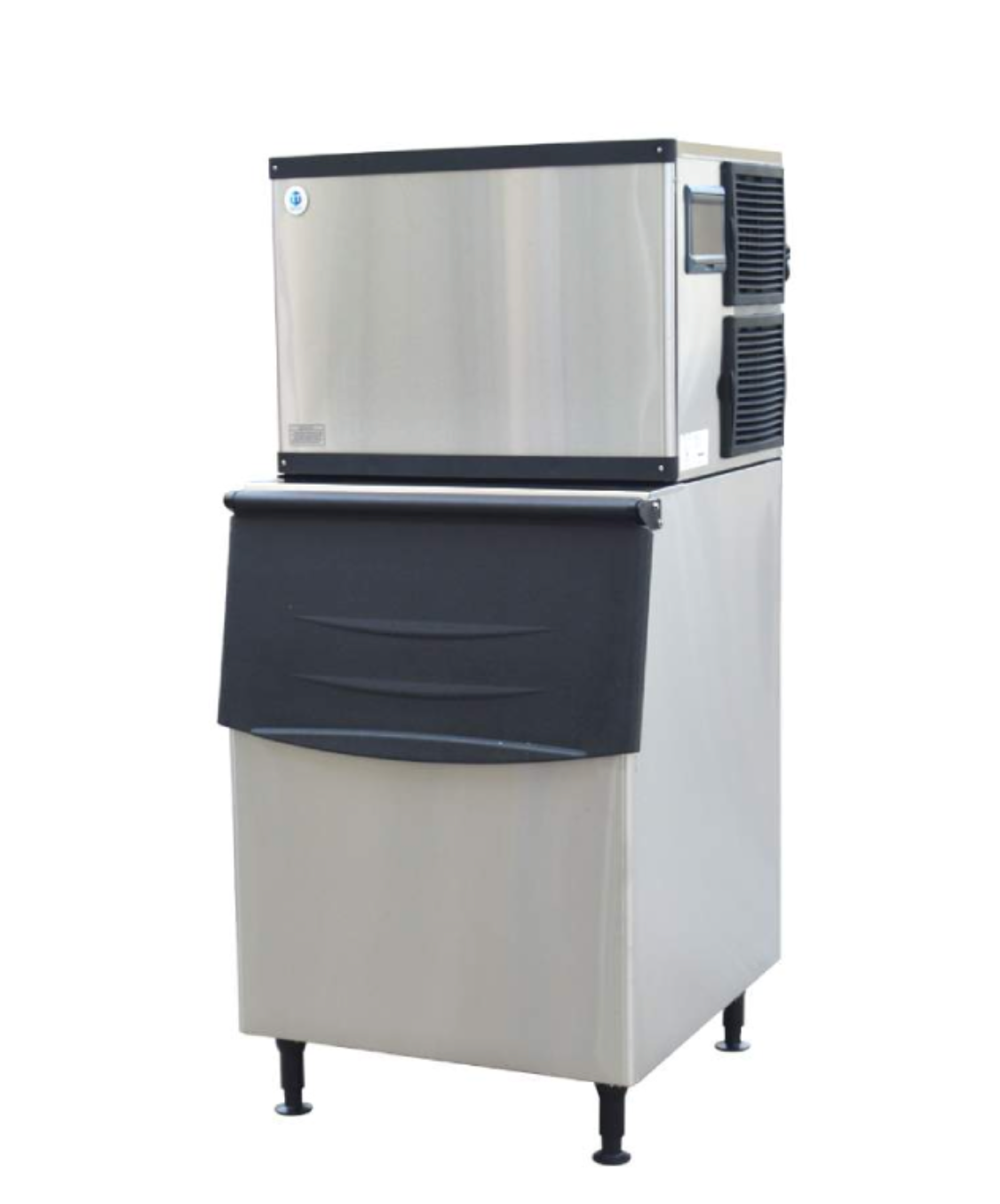A commercial ice maker is a machine that is specifically designed to produce large quantities of ice for commercial use. These machines are commonly used in restaurants, bars, hotels, and other food service establishments where a constant supply of ice is required.
How do Commercial Ice Makers Work?
Commercial ice makers work by freezing water in a refrigerated compartment and then harvesting the ice. The process typically involves the following steps:
- Water Supply: The ice maker is connected to a water supply, which provides a continuous flow of water to the machine.
- Freezing: The water is pumped into a freezing compartment where it is cooled to a temperature below freezing point.
- Ice Formation: As the water freezes, ice crystals start to form. The freezing process is carefully controlled to ensure the ice is clear and free from impurities.
- Harvesting: Once the ice has reached the desired thickness, the freezing process is stopped, and the ice is harvested. This is usually done by heating the freezing compartment or using mechanical means to release the ice from the surface.
- Storage: The harvested ice is stored in a separate compartment within the machine until it is ready to be used.
Types of Commercial Ice Makers
There are several types of commercial ice makers available, each designed to meet specific needs and requirements. The most common types include:
- Modular Ice Machines: These machines are designed to be installed on top of an ice storage bin or dispenser. They can produce large quantities of ice and are suitable for high-demand environments.
- Undercounter Ice Machines: These compact machines are designed to fit under a counter or bar. They are ideal for small spaces or establishments with lower ice production needs.
- Countertop Ice Machines: Similar to undercounter machines, countertop ice machines are compact and designed to sit on a countertop. They are commonly used in offices, break rooms, or small cafes.
- Ice Dispensers: These machines store and dispense ice in a convenient manner. They are often used in self-service areas or where ice needs to be easily accessible.
Each type of commercial ice maker has its own advantages and is suitable for different applications. It is important to consider factors such as ice production capacity, storage capacity, and space availability when choosing the right machine for a specific establishment.
In conclusion, a commercial ice maker is a vital piece of equipment for any food service establishment that requires a constant supply of ice. Understanding the different types of commercial ice makers and how they work can help businesses make informed decisions when selecting the right machine for their needs.


